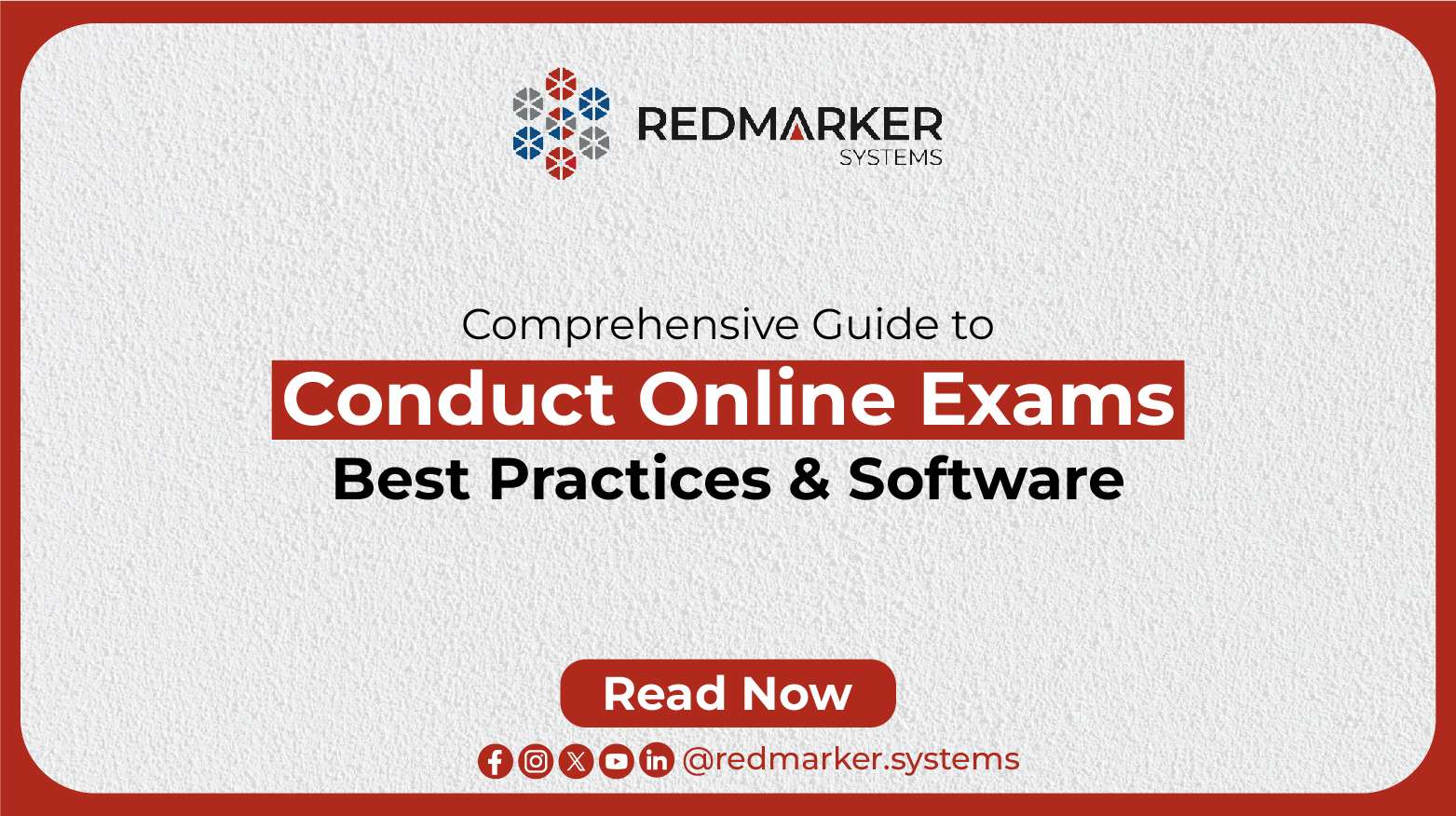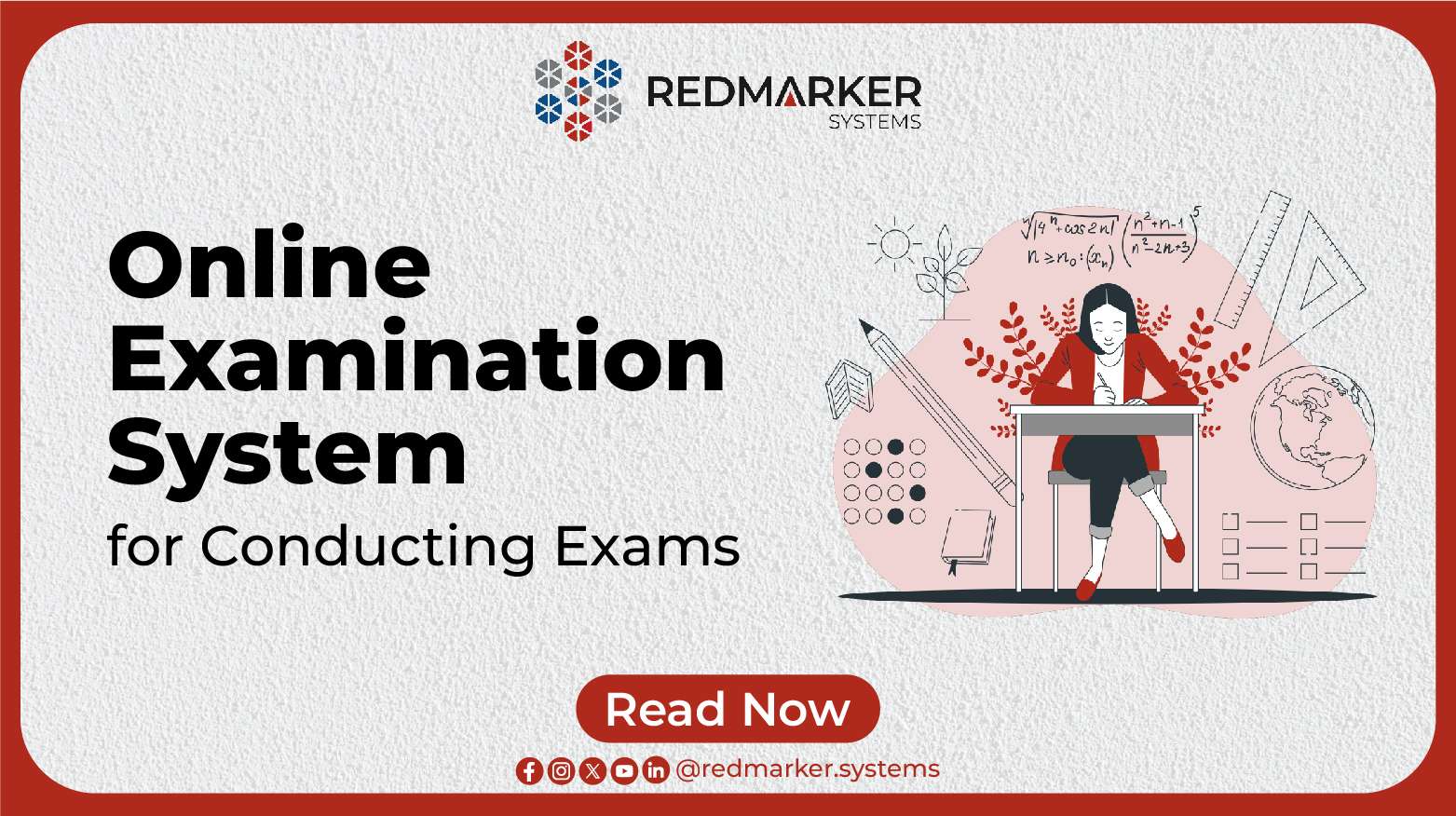Comprehensive Guide to Conduct Online Exams – Best Practices & Software
In the realm of digital transformation, the education sector has not been left behind, especially in the way assessments are conducted. The transition from traditional paper-based exams to online exams has brought about a revolution in the evaluation process, making it more accessible, efficient, and scalable. This guide is dedicated to providing an in-depth look into conducting online exams, covering best practices, software, systems, and platforms that facilitate a seamless online examination process, alongside addressing common FAQs related to online examinations.
Understanding Online Exams
Online exams, or e-assessments, utilize the internet and computer technology to administer, take, and manage examinations. This method offers a more flexible, secure, and scalable alternative to traditional exams, allowing educators and institutions to assess a wide range of competencies and skills remotely.
The Infrastructure of Online Examinations
The foundation of online examinations lies in the software or platform used to conduct them. An effective online exam system includes functionalities for creating tests, managing candidates, conducting the exam securely, and analyzing results. These systems maintain the integrity and reliability of the examination process through advanced security measures, such as identity verification and plagiarism detection.
Key Components of an Online Exam System:
- Question Bank Management: Facilitates the creation and management of a repository of questions.
- Test Creation: Enables the construction of exams with diverse question types, including multiple-choice, essays, and case studies.
- Candidate Management: Helps in the registration, scheduling, and tracking of exam takers.
- Security Features: Encompasses proctoring services, secure browser technology, and anti-cheating measures.
- Analytics and Reporting: Provides insights into performance metrics and outcomes for both individual candidates and groups.
Choosing the Right Online Exam Software
The selection of the best online exam software or platform is crucial for conducting effective and secure exams. The ideal solution should offer an intuitive interface, a comprehensive feature set, and robust security measures. It should also be scalable to accommodate different exam sizes, from small quizzes to large-scale standardized tests.
Recommendations for Conducting Online Exams:
- Understand Your Requirements: Identify the specific needs of your institution or organization, including the types of exams you intend to conduct, the number of participants, and any specific security considerations.
- Evaluate Security Features: Look for platforms that provide secure exam environments, data protection, and technologies to prevent cheating.
- Assess Scalability and Reliability: Choose a system that can handle high loads during peak testing periods without performance issues.
- Check for Customization and Integration Capabilities: Ensure the system allows for exam customization and can integrate with existing systems (like LMS or student databases) for seamless operations.
- Consider User Experience: Opt for a platform with an intuitive interface for both examiners and examinees to facilitate a smooth exam process.
Top Platforms and Software to Conduct Online Exams
Several solutions have risen to prominence in the market, distinguished by their comprehensive features and robust security measures. Here are a few noteworthy mentions:
- Best Online Exam Platform: Platforms like rCBT, ProctorU, and ExamSoft are celebrated for their full range of features and strong security measures, making them popular among educational institutions and certification providers.
- Top Online Exam Software: Solutions such as Quizizz, rCBT, and Kahoot are favored for their engaging and interactive exam formats, suitable for educational environments.
- Secure Online Exam System: Systems like Respondus, rCBT, and Safe Exam Browser offer advanced security features to ensure the integrity of the exam process.
FAQs on Conducting Online Exams
How Do You Conduct an Online Test?
Conducting an online test involves several key steps: defining the exam parameters (duration, format, etc.), creating the test using an online exam system, setting up candidate authentication and proctoring measures, administering the test, and finally, analyzing and sharing the results.
What Is the Best Online Exam Platform?
The best platform varies based on specific requirements, including the type of exam, the number of examinees, and the necessary security features. Platforms like ProctorU and ExamSoft are often recommended for their comprehensive and secure services.
How Do I Study for an Online Test?
Preparing for an online test involves understanding the material, practicing with quizzes, and managing time effectively, similar to traditional exams. Familiarizing yourself with the exam platform can also help minimize anxiety and technical issues.
How Do Online Exams Work?
Online exams function through specialized software that facilitates the creation, administration, and grading of tests over the Internet. They can feature various question types and incorporate security measures to prevent cheating.
How Do Online Schools Conduct and Monitor Examinations?
Online schools utilize exam platforms with built-in proctoring services that monitor examinees through webcams, screen sharing, and AI detection of suspicious behavior to uphold the credibility of the exam.
How Computer-Based Online Exams are Conducted?
Computer-based online exams are administered using software that enables examiners to create and deliver tests digitally. Examinees complete their exams on a computer, with their responses recorded and analyzed by the system for grading.
Conclusion
Conducting online exams offers a flexible and efficient alternative to traditional testing methods, providing scalability, accessibility, and enhanced security. By selecting the appropriate platform or software, educators and institutions can ensure a seamless, reliable, and secure examination process. As education continues to evolve, online exams will undoubtedly play a crucial role in the future of assessment.



